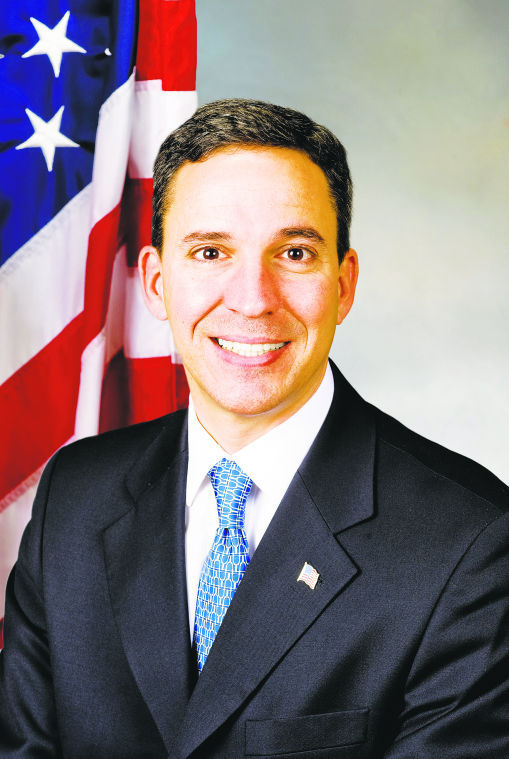I ask any parent reading this column to read it all the way through.
Don’t put it down and think it doesn’t pertain to you, because it does. And if it makes you uncomfortable, that’s great. If we’re lucky, a little discomfort now will spare you a lot of heartache in the future.
We Long Islanders have an immense problem on our hands which, if it hasn’t already, will make its way onto your personal radar soon. The problem is heroin and all indicators point to Long Island being the regional epicenter of a growing epidemic.
It’s not Manhattan, the Bronx, or Brooklyn – it’s Long Island. So much so that experts have unofficially dubbed the Long Island Expressway the “Heroin Highway.”
While heroin used to be considered primarily an urban problem of street addicts, it has now crossed over into all kinds of communities, especially here. Several factors contribute to this trend.
Last year I wrote about Long Island’s continuing battle with prescription drug abuse and the “I-STOP” law we passed to create a statewide, real-time prescription tracking database.
The good news is these efforts worked. There’s been a dramatic decrease of prescription opioids on the black market.
The bad news is that the scientific principle that “nature abhors a vacuum” is holding true. In this case, it’s being filled by heroin, one of the world’s most dangerously addictive drugs.
When you add the fact that this stuff is readily available and cheaper than a pack of cigarettes, it spells disaster.
How bad is it?
· Heroin killed 121 people in Nassau and Suffolk in 2012 and at least 120 last year — the two highest totals ever recorded. (By comparison, there were 23 DWI deaths in Nassau County last year.)
· These numbers are just the heartbreaking fatalities. In Nassau County alone there were more than 821 non-fatal heroin and opiate overdoses in 2013.
· Worse still: Nassau police recorded 500 heroin arrests in 2013, more than double the 228 arrests in 2011!
· Long Island addiction experts are counseling users as young as 12 years old.
As shocking as those numbers are, statistics tend to roll right out of our minds after we read them. As human beings it’s usually personal stories that alarm us.
As a member of the Joint Task Force on Heroin and Opioid Addiction, I’ve heard the painful testimony of young addicts and heartbroken parents alike. It absolutely scares the hell out of me and it should scare you too. As I write this column I have an official police breakdown of these fatalities in front of me.
There’s not one neighborhood in Nassau County – not one – that has emerged unscathed. Neighbors everywhere are working through the harsh reality of addiction, overdoses, and so many are burying their dead.
Nobody knows why this is happening to our kids. Some young addicts say they experimented with heroin because there was simply not enough for them to do.
But I can’t help but wonder what emotional void our kids are trying to fill. These are good kids – straight A students, athletes, cheerleaders – from good, hardworking families and yet, here we are. It could happen to any of us.
We’re working on ways to combat this scourge. We fought back on prescription drugs and we’ll find a way to fight heroin addiction too.
But I beg of you, not as your senator but as a fellow parent, please, please, pay careful attention to your kids and the company they keep.
No lawmaker, police officer, or counselor loves them more or knows them better than you do. And for your own sake, have the “drug talk” and keep on having it. Ask them outright about heroin usage among their peers.
It’s uncomfortable, but “an ounce of prevention is worth a pound of cure.” A few moments of awkwardness now just might save you from a heartache that never ends.
If you or a loved one needs help, or even if you suspect a problem, don’t wait. It will not go away on its own. Make the call to the Long Island Council on Alcoholism and Drug Dependence at (516) 747-2606 or the Long Island Crisis Center’s 24/7 hotline at (516) 679-1111.



